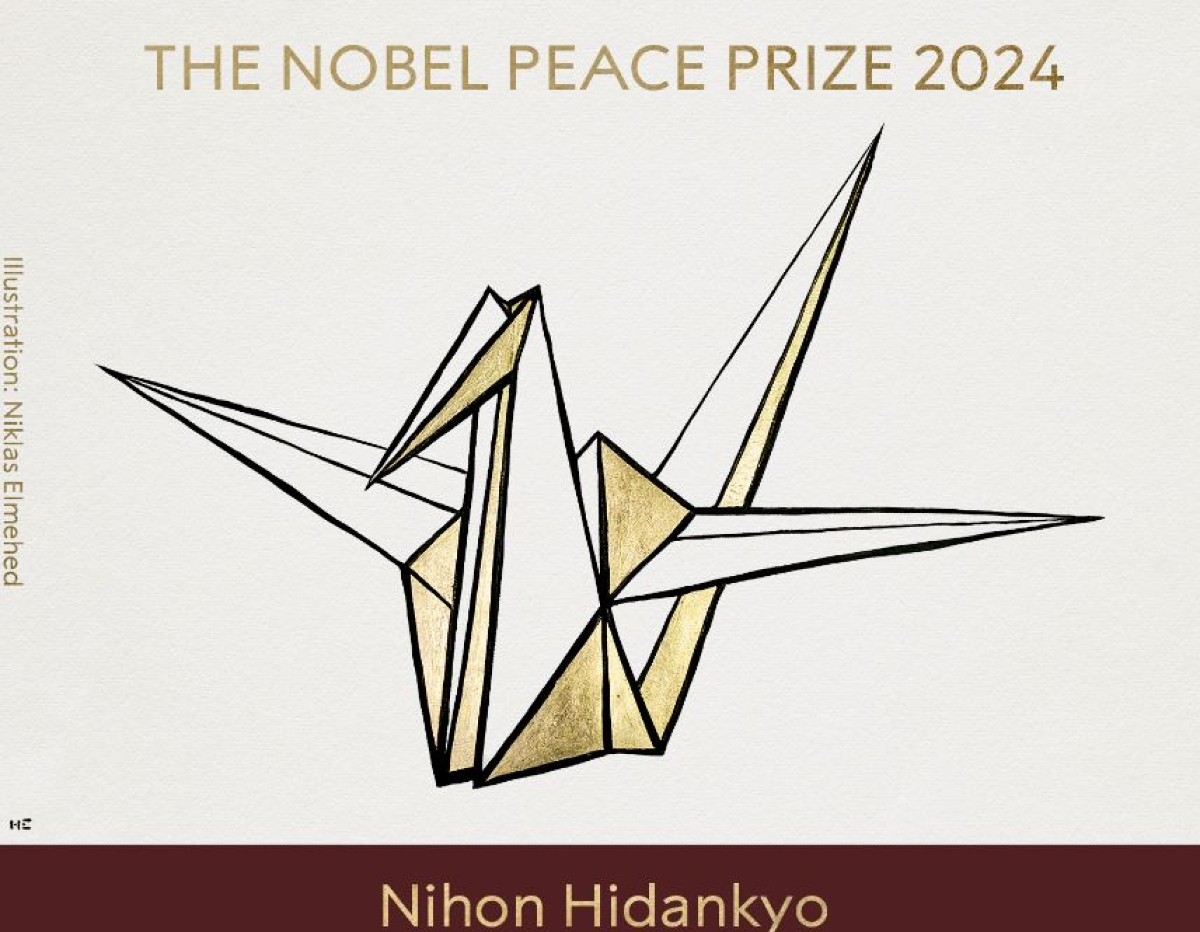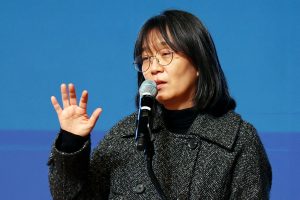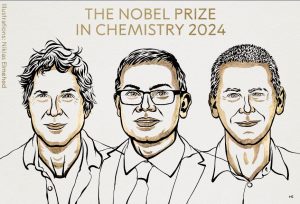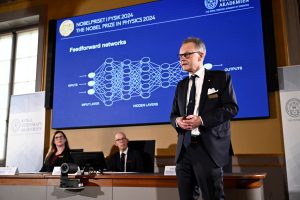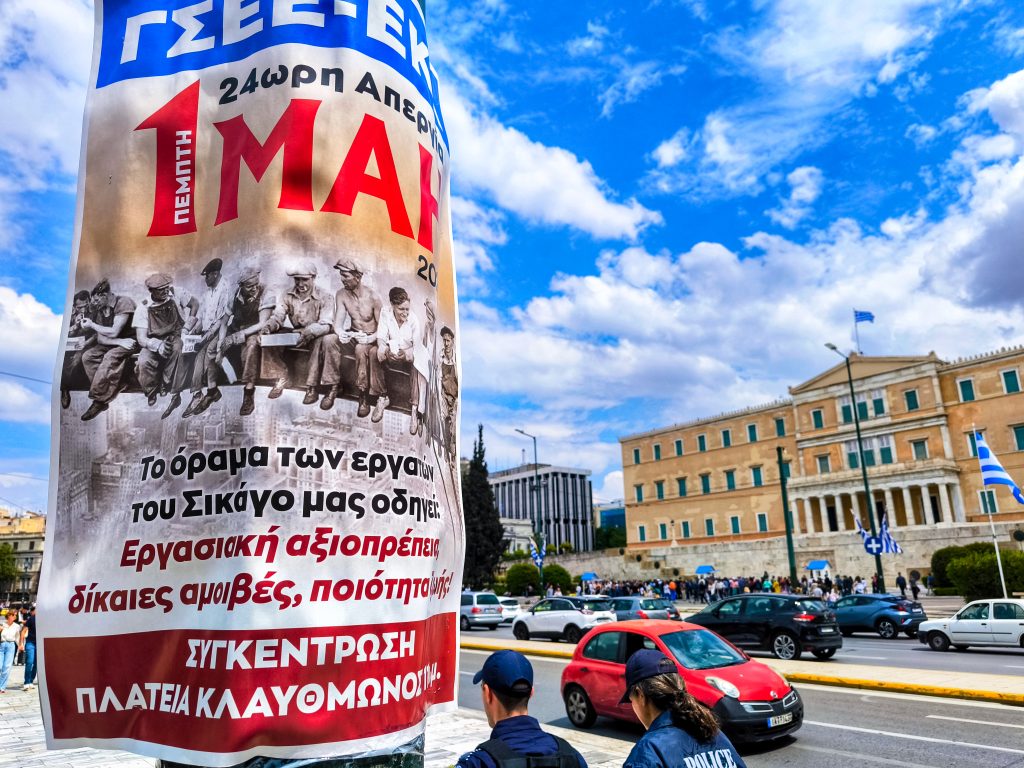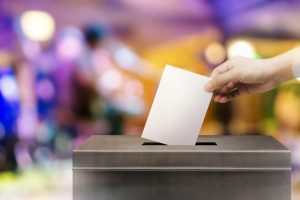The Nobel Peace Prize was awarded to the Japanese organization Nihon Hidankyo, a grassroots movement of atomic-bomb survivors from Hiroshima and Nagasaki.
The Norwegian Nobel Committee said the group, also known as Hibakusha, is receiving the prize for its efforts to achieve a world free of nuclear weapons and for demonstrating through witness testimony that nuclear weapons must never be used again.
The group emerged in the aftermath of the 1945 U.S. nuclear attacks in Japan and proved pivotal in establishing an international taboo on the use of nuclear weapons.
“These historical witnesses have helped to generate and consolidate widespread opposition to nuclear weapons around the world by drawing on personal stories, creating educational campaigns based on their own experience, and issuing urgent warnings against the spread and use of nuclear weapons,” the committee said.
“The Hibakusha help us to describe the indescribable, to think the unthinkable, and to somehow grasp the incomprehensible pain and suffering caused by nuclear weapons,” it said.
The award comes as nuclear powers around the world modernize and upgrade their arsenals and new nations appear to be working to acquire the weapons. Russian President Vladimir Putin , meanwhile, has repeatedly raised the prospect of using nuclear weapons if the West provides further military support to Ukraine.
The committee said this, a year before the 80th anniversary of the attacks on Hiroshima and Nagasaki, is a timely moment to recognize the Japanese atomic blast survivors and their efforts to warn against nuclear war.
“One day, the Hibakusha will no longer be among us as witnesses to history. But with a strong culture of remembrance and continued commitment, new generations in Japan are carrying forward the experience and the message of the witnesses,” the Nobel committee said. “In this way, they are helping to maintain the nuclear taboo—a precondition of a peaceful future for humanity.”
Swedish industrialist Alfred Nobel, the inventor of dynamite, established the prize in his will along with prizes for chemistry, physics, physiology or medicine, and literature. A prize for economics was later created in his name. The Peace Prize was first awarded in 1901 and the recipient is selected by a committee in Norway’s capital, Oslo.
The prize comes with a cash award of 11 million Swedish kronor, around $1 million.
Write to James Hookway at James.Hookway@wsj.com

